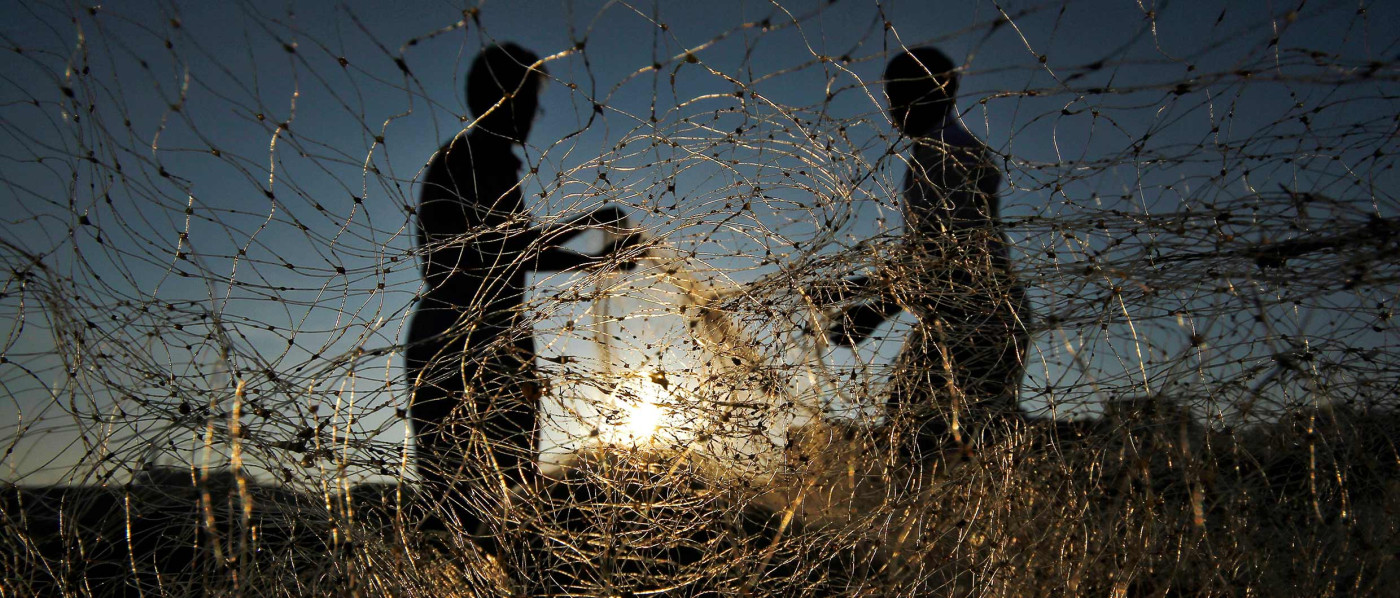Hard Times and New Opportunities
Esther Duflo, an MIT Professor and winner of the Nobel Prize in Economics, took part in the NES Public Lecture series in September with her lecture on what economists can learn from the current crisis. Econs.online publishes excerpts from Duflo’s lecture.
Last year, Abhijeet Banerjee and I published a book called ‘Good Economics for Hard Times’. Since then, the times became substantially harder; therefore, I’ve had to change the title of this lecture to ‘Good Economics for Harder Times’. I would like to focus on five lessons that cut across all subjects covered in the book, such as economic growth, trade, identity, and I would like to show how they remain valid in our hard and harder times.
1. Legitimacy of government
Since the 2000s, you have been seeing a steady decline in the average trust in government all over the world: for instance, in OECD countries, the level of trust decreased from 44% in 2006 to 38% in 2014. It is easy to treat the government as a punching bag, but market economies face some problems that only government can solve. COVID-19 has reminded us why we need government. Restrictions and supporting measures announced during the pandemic, such as wearing masks, shutting businesses, rescue packages, investing in healthcare and vaccines, are very costly if financed privately, and only government can cover these expenses as well as manage the implementation of the measures and enforce the announced restrictions.
I think this crisis is a turning point because a government’s and state’s image, in general, depend greatly on how people react and on public support. To be effective, the government needs people’s trust. In some countries, governments try to treat restrictions as a part of a democratic project, although in many countries, governments have still not decided how to respond to what is going on.
2. Financial incentives are overrated
Most of us have in mind the model where we are primarily driven by economic games. For example, people think that if it were possible to migrate freely, everybody would immediately move to richer countries or that social welfare should not be too generous, because if it is, people will become very lazy.
People intuitively believe that social welfare recipients are ‘lazy’, yet randomized control trials contradict this belief. People on welfare are not less likely to work than those who do not receive unemployment benefits, and the welfare system has no impact on people’s labour supply decisions. However, the perception that the more generous social welfare is, the less its recipients work, still persists across society and media. For instance, amid the pandemic, senator Chuck Grassley argued that additional unemployment benefits ($600 a week) are counterproductive, as being higher than the income many people received when working, they discourage the unemployed from returning to work.
Some ideas are difficult to get rid of and they generate misconceptions, and misconceptions about common people are very frequent among the elite incapable of using facts. This is something we, economists, can work on.
3. The economy is stickier
The economic system is usually considered relatively fluid, and in this system, people who become victims of shocks change their lives, moving geographically and switching jobs, to take advantage of their opportunities. However, there is no proof of this. The notion of Alexis de Tocqueville, outlined in the 19th-century book Democracy in America about the ‘restless Americans’, moving about and seeking advantage, is not true anymore. According to the US Census Bureau, in 1948–2016, annual in-country mobility fell by about 50%. People have almost stopped moving.
The fact is that people have many reasons to stay home: social networks, relatives, and family responsibilities. Many just don’t want to change jobs and start anew in an entirely new place. That means that when there is a large shock, people can get stuck in the wrong place, and their unwillingness to move to another town undermines their well-being. The COVID-19 crisis is going to make this stickiness even bigger. The vast majority of countries have closed their borders, depriving many migrants of their incomes, homes, and access to aid. We need to take this into account when we design social protection.
4. Preferences can be changed
In their famous article ‘De Gustibus Non Est Disputandum’ (‘You should not dispute tastes’), Nobel Prize winners George Stigler and Gary Becker argue that we should not dispute people’s preferences, since they are profoundly inherent in people. We can only study the behaviour of someone with a particular set of preferences in different situations. This is what economists generally rely on.
However, currently, there is a vivid discussion on how stable these preferences are. Economists conducted an experiment in Zurich. They asked bankers to write an essay; half of them had to write about their weekend and the other half about their job. Then, researchers gave them a coin, asked them to flip the coin any number of times, and promised to pay them each time they got heads. Of course, on average, it should be 50/50, but the participants were able to cheat. Those, who wrote about their job, i.e. were reminded of their trade, cheated more often. This means that our preferences are influenced by the environment and can be controlled, even manipulated. In many countries, we see the rise of xenophobia and racism, but many people supporting these ideas can hide their preferences if they realise that this is not fashionable. In fact, there is no such thing as true racism and racists, there is just an environment that fosters these preferences. Behavioural economics argues that preferences are never fixed or stable. We can change the environment, thus, influencing people’s behaviour, mindset, and preferences.
5. Dignity
Dignity is the sense of what a good life is, it is the sense of what family, job, responsibility, and social network are good and meaningful for a particular person. All of these seem to constitute, in various ways, our sense of what a good and dignified life is. It partly explains why people do not want to move to another town for higher-paid jobs.
The pandemic has wrecked economies of many regions, caused many job losses, and ruined people’s plans, aggravating the situation. However, a couple of years ahead of the pandemic, the USA saw the loss of dignity and a rising number of ‘deaths of despair’. (Angus Deaton, Nobel Prize winner in Economics, and his Princeton colleague Anne Case raise this issue in their research. – Econs.online’s note)
What can be done to reassess the economy and economic policy in the post-coronavirus world? I would like to focus on two guiding principles we can start from.
The first one is to put dignity back at the center of social protection. I believe that a lack of dignity is one of the reasons we have those ‘deaths of despair’. In many countries, social protection services are too suspicious of the recipients and make them go through humiliating procedures before giving them access to compensation. A study shows that people do not judge others by themselves: the overwhelming majority do not agree that if paid high benefits, they will stop working, yet they are sure that others will do the opposite. COVID-19 gives us a chance to change this perception and overcome the bias that needing help makes a person inferior to others.
Moreover, the pandemic has provided us new opportunities in terms of climate change. If a year ago, people were told that the global pandemic was coming, nobody would have believed it. That is exactly how the majority of people deal with the climate change issue: with distrust. By implementing a relevant policy, we can change people’s habits and make things better.

.png)





